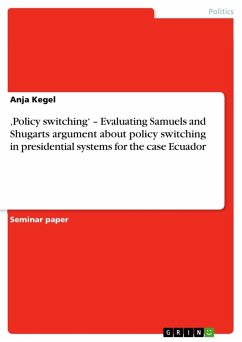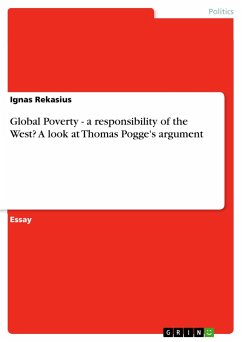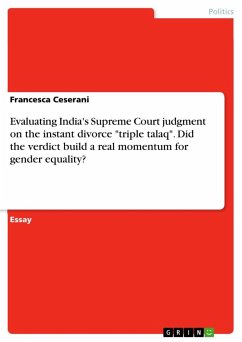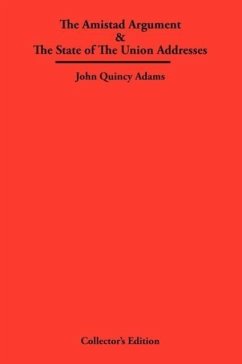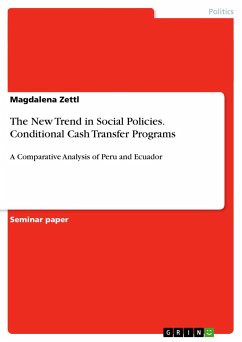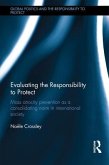Seminar paper from the year 2012 in the subject Politics - Political Theory and the History of Ideas Journal, grade: 1,3, University of Potsdam, course: Presidents and Prime Ministers, language: English, abstract: Policy-switching are situations which results from shifts in the behavior of executives. More specifically, it means that executives once in office changed their previously campaign promise and make other key policy decisions for which they have not been elected. In this context, Samuels and Shugart (2010) tried to analyze the question, which impact does fusion or separation of powers has on policymaking and representation (cf. Samuels/Shugart 2010: 218). Both authors stated that policy-switches are about four times as common under a pure presidential system than under a parliamentary system (cf. ib.: 221). They came to the conclusion that parties or the leaders of the parties switch under separation of powers, especially in situations with close presidential election and minority government (cf. ib.: 248). The main goal of this paper is to analyze if Samuels and Shugart are right when they claim that policy-switches are more common under a presidential system because of special conditions which favors the president to change his or her behavior and violate their mandate by betraying their stated campaign commitments. To evaluate their argument, the country Ecuador has been selected, which is a country with a presidential system and there were four policy-switches in the years 1988, 1992, 1996 and 2002. Therefore, the central question of this paper is, whether Ecuador is a case that fits very well in Samuels and Shugarts argument about policy switching or not. I suspected that situations with close presidential elections and minority legislative were the main causes for the policy-switches in Ecuador. And, secondly, I assumed that all Ecuadorian policy-switches were the only option because the promised measures were impracticable under extremely worst economic conditions. All Ecuadorian policy-switches were compared according to institutional, partisan and economic factors. Finally, I come to the conclusion that Samuels and Shugart are partly right in their argumentation about the impact of separation of powers on policy-switches, because the result of this paper shows that the combination of institutional, partisan and economic factors had an obvious influence on the four presidential policy-switches in Ecuador.
Hinweis: Dieser Artikel kann nur an eine deutsche Lieferadresse ausgeliefert werden.
Hinweis: Dieser Artikel kann nur an eine deutsche Lieferadresse ausgeliefert werden.

